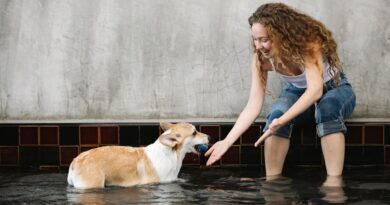Tips for Adopting Small Dogs: A Comprehensive Guide
Are you considering adding a small dog to your family? Adopting a small dog can bring immense joy and companionship into your life. However, it’s essential to understand the unique needs and considerations that come with welcoming a small canine companion into your home. In this article, we will explore a variety of tips for adopting small dogs, covering everything from choosing the right breed to providing proper care and training. Let’s delve into the world of small dogs and discover how to make the adoption process a smooth and rewarding experience.
Choosing the Right Small Dog Breed
When it comes to adopting a small dog, one of the first decisions you’ll need to make is choosing the right breed for your lifestyle and preferences. Small dog breeds come in a variety of shapes, sizes, and personalities, so it’s crucial to do your research before making a decision. Some popular small dog breeds include Chihuahuas, Dachshunds, Pugs, and Shih Tzus, among others.
Consider factors such as energy levels, grooming requirements, and temperament when selecting a small dog breed. For example, if you lead an active lifestyle and enjoy outdoor activities, a small breed like a Jack Russell Terrier or a Miniature Pinscher might be a good fit. On the other hand, if you’re looking for a more laid-back and affectionate companion, a breed like a Cavalier King Charles Spaniel or a Maltese could be the perfect choice.
It’s also essential to consider any allergies or sensitivities you or your family members may have to pet dander. Some small dog breeds are hypoallergenic and shed less, making them a better choice for individuals with allergies. Breeds like the Bichon Frise, the Havanese, and the Yorkshire Terrier are known for being hypoallergenic and may be a suitable option if allergies are a concern.
Preparing Your Home for a Small Dog
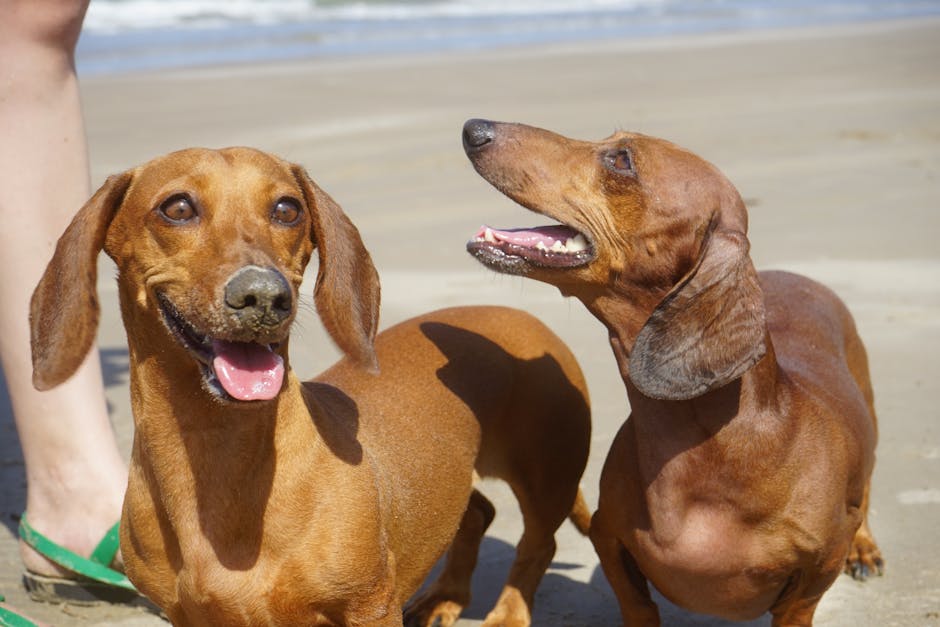
By Tatiana LM via Pexels
Before bringing a small dog into your home, it’s essential to make sure that your living space is safe and comfortable for your new furry friend. Small dogs have different needs compared to larger breeds, so there are a few things you’ll need to consider when preparing your home for a small dog.
First and foremost, make sure to puppy-proof your home to prevent any accidents or injuries. Remove any hazardous items that your small dog could chew on or swallow, such as small toys, electrical cords, or toxic plants. Invest in a sturdy crate or playpen where your small dog can rest and feel secure when you’re not around.
Additionally, create a designated space for your small dog with a comfortable bed, food and water bowls, and plenty of toys to keep them entertained. Small dogs are often more sensitive to changes in temperature, so make sure to provide a cozy and warm environment for your new companion, especially during colder months.
Training and Socialization
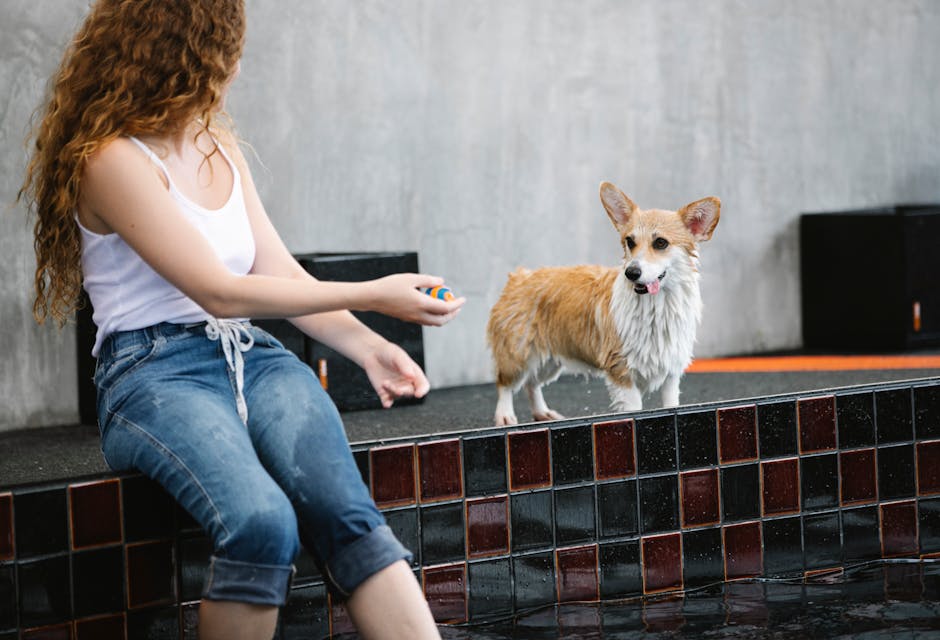
By Blue Bird via Pexels
Training and socialization are crucial aspects of ensuring that your small dog becomes a well-behaved and well-adjusted member of your family. Start training your small dog as soon as you bring them home, using positive reinforcement techniques such as treats, praise, and rewards to encourage good behavior.
Focus on teaching basic commands such as sit, stay, come, and heel, as well as house training and leash manners. Small dogs can be prone to behaviors like excessive barking or separation anxiety, so it’s important to address these issues early on to prevent them from becoming ingrained habits.
Socialization is also key to helping your small dog feel comfortable and confident in various situations. Expose your small dog to different people, animals, and environments to help them develop good social skills and prevent fear or aggression towards unfamiliar stimuli. Enroll your small dog in puppy classes or obedience training to provide them with structured socialization opportunities and help them build positive associations with new experiences.
Health and Wellness
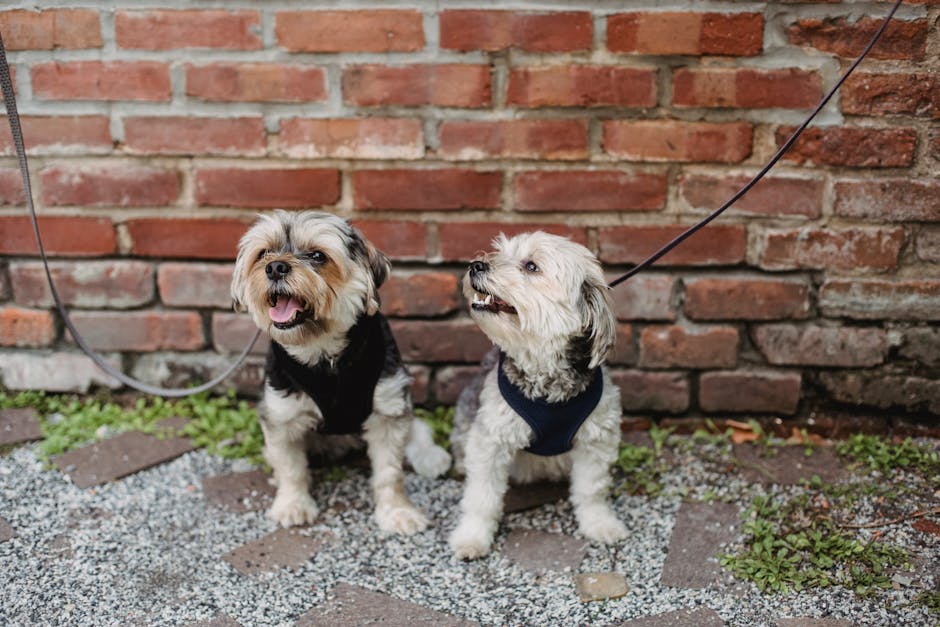
By Sam Lion via Pexels
Ensuring the health and wellness of your small dog is essential for their overall well-being and longevity. Schedule regular check-ups with your veterinarian to monitor your small dog’s health and address any medical concerns promptly. Keep up-to-date on vaccinations, flea and tick prevention, and heartworm medication to protect your small dog from common diseases and parasites.
Small dogs are prone to certain health issues, such as dental problems, obesity, and respiratory issues, so it’s crucial to maintain a healthy diet and exercise routine for your small dog. Choose a high-quality dog food that is appropriate for your small dog’s size, age, and activity level, and avoid overfeeding to prevent obesity and related health problems.
Regular exercise is also important for keeping your small dog physically and mentally stimulated. Take your small dog for daily walks, engage in interactive play sessions, and provide them with opportunities to explore and socialize with other dogs to promote their overall health and well-being.
Building a Strong Bond with Your Small Dog
Building a strong bond with your small dog is essential for fostering a trusting and loving relationship. Spend quality time with your small dog through activities like playtime, cuddling, and training sessions to strengthen your bond and enhance communication between you and your furry companion.
Pay attention to your small dog’s body language and cues to understand their needs and emotions better. Small dogs are often sensitive and intuitive creatures, so it’s important to be patient, gentle, and consistent in your interactions with them. Use positive reinforcement to reward good behavior and build trust with your small dog over time.
Establishing a routine and structure in your small dog’s daily life can also help strengthen your bond and provide them with a sense of security and predictability. Set aside dedicated time each day for feeding, exercise, training, and relaxation to create a harmonious and balanced relationship with your small dog.
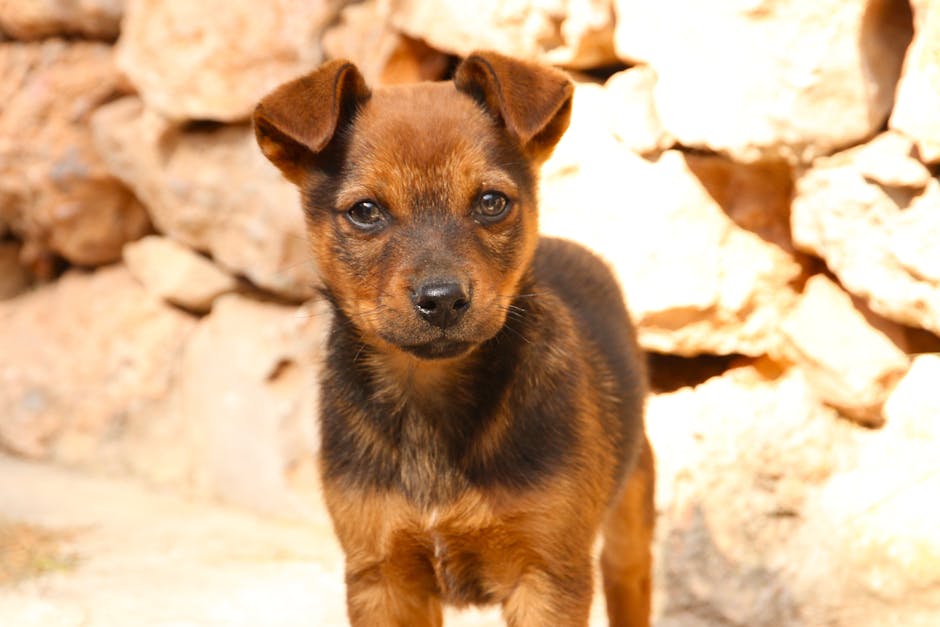
By Pixabay via Pexels
Expert Opinions
We spoke with Dr. Sarah Johnson, a veterinarian specializing in small dog breeds, to get her expert insights on adopting and caring for small dogs. According to Dr. Johnson, “Small dogs have unique care requirements due to their size and temperament. It’s essential to provide them with proper socialization, training, and healthcare to ensure their well-being and happiness.”
Dr. Johnson also emphasized the importance of regular veterinary check-ups and preventive care for small dogs, stating, “Small dogs are more prone to certain health issues like dental disease and obesity. By staying proactive with their healthcare needs, you can help your small dog live a long and healthy life.”
Conclusion
Adopting a small dog can be a rewarding and fulfilling experience, but it also comes with its own set of challenges and responsibilities. By following the tips outlined in this guide, you can ensure that the adoption process goes smoothly and that your small dog receives the love, care, and attention they deserve.
Remember to choose the right breed that aligns with your lifestyle, prepare your home for your small dog’s arrival, provide proper training and socialization, prioritize their health and wellness, and build a strong bond through quality time and positive interactions. With dedication, patience, and love, you can create a happy and harmonious relationship with your small dog that will last a lifetime.
[IMAGE: Happy small dog and owner]
Whether you’re a first-time pet owner or an experienced dog lover, adopting a small dog can bring immeasurable joy and companionship into your life. By understanding their unique needs and taking the time to provide them with the care and attention they require, you can create a loving and fulfilling relationship with your small canine companion. So, if you’re considering adopting a small dog, remember these tips to ensure a smooth transition and a happy life together.


